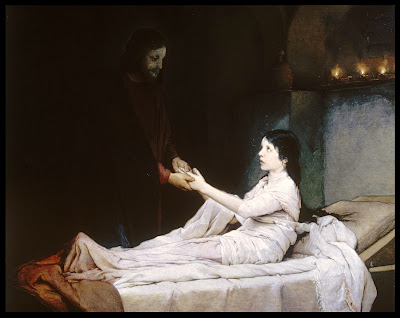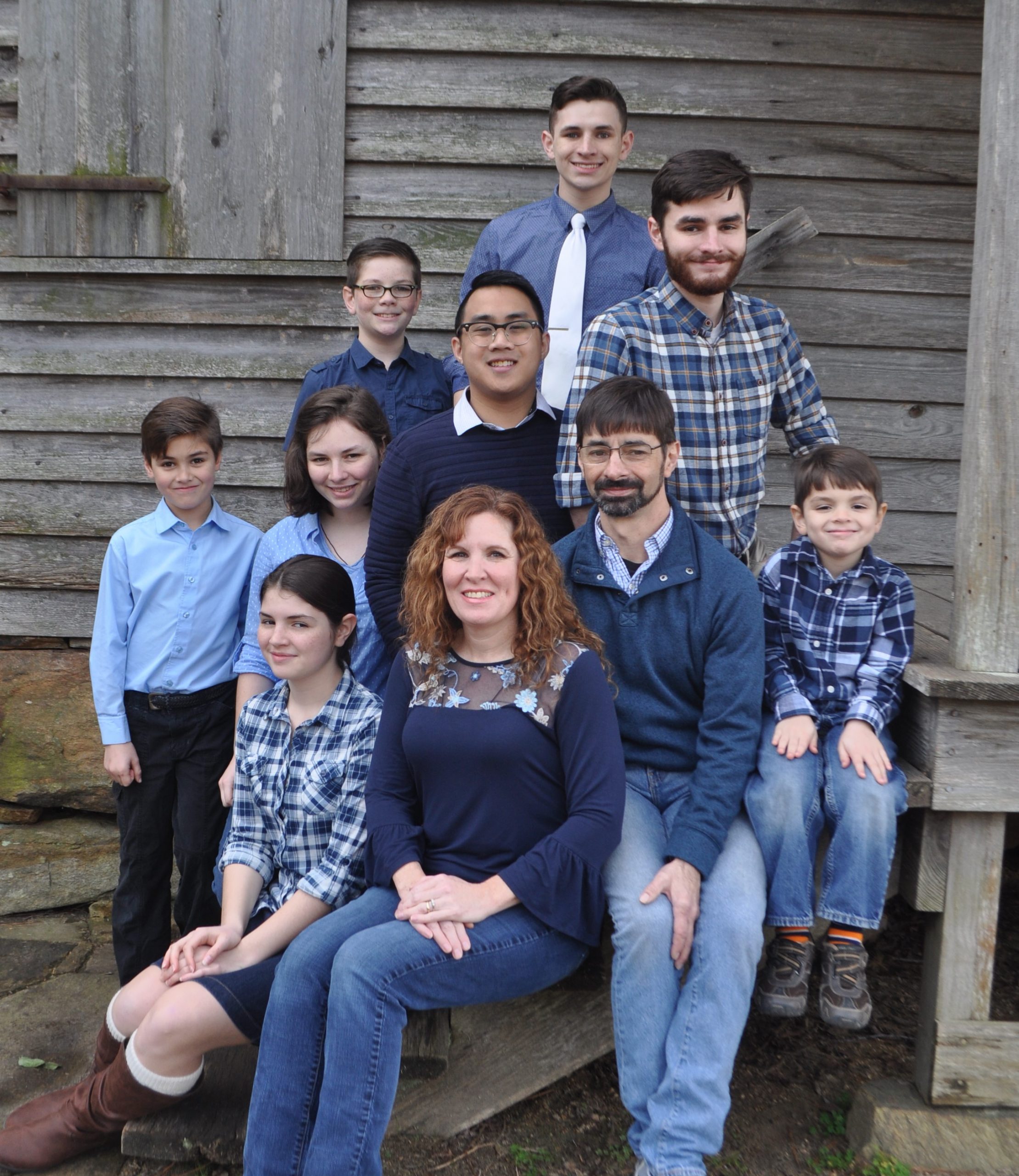Her name was Misty. It was printed in chalk on the nurses’ station board along with a list of other first names. We would never actually meet, but I caught a glimpse of her one day as I walked passed her room. The mental picture I’d developed before that sighting was of course all wrong.
Just days into our month long stay in the Pediatric Intensive Care Unit, we met Misty’s family: aunts, an uncle, a grandmother, father and cousins. Now, almost nineteen years later, I’ve lost count, but there were enough of them to fill the room around us. Doubtful our paths would have ever crossed if not for the circumstances that forced us all into that tiny waiting room.
Naive, overwhelmed newbies we were, but Misty’s family were well-seasoned veterans in this system of corridors, white coats and ever-changingprognoses. They took to us and us to them in a fast friendship that felt like it would last a lifetime.
In bits and pieces, through conversations and encounters over the next weeks, Misty’s life story unfolded. Born to young, unwed parents, her mother died sometime before the baby would finish toddlerhood. Knowing she would never see her daughter grow up, Misty’s mother had one dying wish; she made her sister swear to raise the child as her own. That little sister bore that promise with unswerving faithfulness and along with the rest of the extended family she committed the next fourteen years to caring for her sister’s only offspring.
Sometime after losing the mother, it became apparent that Misty suffered from serious medical conditions which were the result of an under-developed brain. Her life would include many PICU stays and she would never know the freedom of spinning to “Ring Around the Rosie” or the joy of singing her ABCs. By the time we met her family, she was relegated to a bed, unable to speak or provide her own basic needs.
Surely some outsiders questioned her “quality of life”. To a culture that equates physical fitness and mental capacity with the measure of a person’s worth, Misty might have appeared a hopeless case.
Her family knew her better.
She loved it when her aunts and grandma fed her, they proudly boasted. At mealtimes, she rewarded them with smiles and eyes that spoke the words her mouth could not. And though the doctors and nurses insisted she was forever silent, Misty cooed for those who loved her. Rather than flowers and teddy bears, family members shopped for new, lace-trimmed nightgowns to make her not infrequent hospital trips more pleasant. Every day it was someone’s job to brush out her long, flowing hair and wash her pretty face. True to her promise, Misty’s aunt insured that someone always remained nearby.
Words like burden, trouble, or unwanted never entered our conversations.
As though it were yesterday, I recall the upset in their voices on the day they discussed the doctor’s recommendation for a feeding tube. Considering the infrequency with which doctors actually bothered to speak directly to family members, I assume the news was delivered via the shift nurse. The tube was being ordered to better facilitate her nutritional needs. On a floor full of kids dependent on breathing tubes, drainage tubes and electronic monitors, a feeding tube was the next logical step. But to Misty’s family, that step was leading in the wrong direction.
To the doctor, who probably spent five minutes reading her chart, this fourteen year old was a case study in medical interventions. To the busy nurse, Misty was another terminal patient with machines to monitor, levels to record and notes to take. The act of feeding her was just another necessary procedure to follow, but to her aunts and grandmother meals were so much more.
At the time I thought I understood their desire to retain this autonomy for Misty, the ability to taste flavors and feel textures across her tongue. But now that I’ve experienced the excitement of spooning first bites into my own little ones’ open mouths, I can relate all the more to their desperate attempts to protect her mealtimes. Three times a day, Misty’s family had the privilege to lovingly nourish her with food and she had the opportunity to feed their hopes and dreams. With my own not-yet-verbal children, I have to watch for their bodily cues to tell me if the food I offer is pleasing to their palate and when they’ve reached their fill. Feeding a child means moving in close, making eye contact and connecting (physically and mentally).
A feeding tube meant more than simply relinquishing a chore, it meant stripping Misty of one more “normal” function. When you expect your child to grow-up, to advance through life’s milestones, it’s easy to take such little tasks for granted, but Misty’s family didn’t have that luxury.
On that day, walking passed her room, I peered in expecting to see the girl my mind had formed. Instead, the young girl of about fourteen appeared so tiny and fragile in her hospital bed. Her legs barely reaching beyond the midway point, she was no longer than a child of five or six. And that long hair flowed nearly the full length of her stunted body it seemed. I was startled by the reality.
The image I’d created was based on my idea of “normal” because that’s how Misty’s family portrayed her. The obvious love they had for her communicated a different picture, while my eyes sized her with a worldly measure. No one ever knew my surprise and for that I am glad because I am ashamed of it. My false vision betrayed my ignorance and bias.
Those few weeks, nearly two decades ago, changed my life. I lost touch with her family, so I never did learn whether or not they managed to protect her from the feeding tube directive, but I’ve never taken for granted the real importance of “feeding” my children.
Misty was truly everything that her family saw her to be. Beautiful. Worthy. Special. Perfect. And in my mind, she will forever remain larger than life not because of her stature, but because she personified Christ (the hungry Christ, the naked Christ, the imprisoned Christ) to those who took the time to see.

